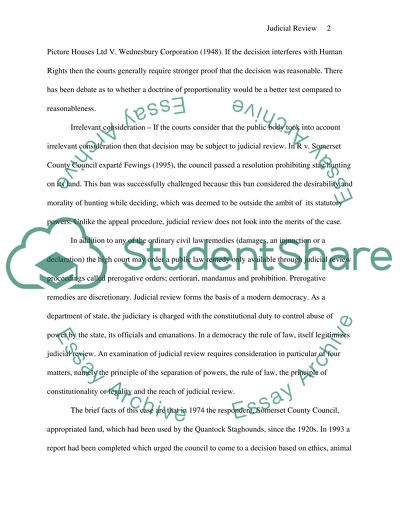Cite this document
(“Judicial Review Case Study Example | Topics and Well Written Essays - 1750 words”, n.d.)
Judicial Review Case Study Example | Topics and Well Written Essays - 1750 words. Retrieved from https://studentshare.org/law/1507338-judicial-review-case-study
Judicial Review Case Study Example | Topics and Well Written Essays - 1750 words. Retrieved from https://studentshare.org/law/1507338-judicial-review-case-study
(Judicial Review Case Study Example | Topics and Well Written Essays - 1750 Words)
Judicial Review Case Study Example | Topics and Well Written Essays - 1750 Words. https://studentshare.org/law/1507338-judicial-review-case-study.
Judicial Review Case Study Example | Topics and Well Written Essays - 1750 Words. https://studentshare.org/law/1507338-judicial-review-case-study.
“Judicial Review Case Study Example | Topics and Well Written Essays - 1750 Words”, n.d. https://studentshare.org/law/1507338-judicial-review-case-study.


